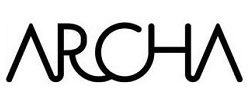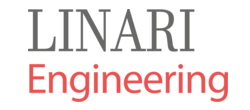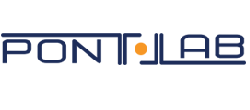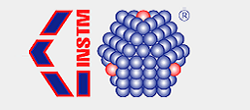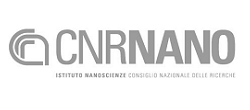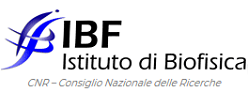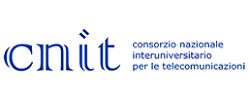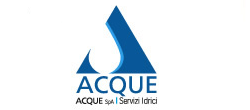ARCHA has offered research and development services relating to environmental chemistry for 25 years. ARCHA carries out and coordinates several research project per year, on its own behalf and through external contracts. For this reason, ARCHA has acted as the leader of this project. It has coordinated the partnership both at the management level as well as, organising the necessary technical activities and the development.
A brief indication of some of the company's details and skills are listed below, to better demonstrate its expertise:
- 1400 m2 of laboratories and offices
- 30 employees and collaborators, 60% graduated in scientific disciplines
- More than 100 projects over the span of10 years
- 6 patents
- More than 35 scientific papers published
- More than 30 participation in conferences
In SENSOR, ARCHA is going to develop and validate the aforementioned chemical and microbiological sensors, therefore the following departments have been involved:
- Chemical and biological Analytical department: ARCHA laboratories are at forefront of analytical technology, with new and sophisticated equipment to accomodate a range of analytical needs, whether they be: chemical, microbiological and physical, in different sectors like environment, atmospheric emissions, sewage, drinking water, waste.
- Research department: it has been recognised by MIUR (Ministry of Education, University and Research) as a “Highly Qualified Laboratory” and has been registered in the MIUR list of Research Laboratory. ARCHA has coordinated and carried out several applied research projects, commissioned by institutions, small, medium and large companies, with the aim of giving solutions which better take into account technical and management complexities.
- ICT department: specialists in the use of multivariate statistical analysis for:
- Design of experiments (DOE) by software like Design Expert and JMP;
- Data management by software like Google Refine, Pentaho, and data elaboration and mining by WEKA.
-
treatment and elaboration of experimental data, aimed for example at the analysis, control of systems and processes and at their modelling, for predictive and optimization purposes. For these activities, It can use unsupervised multivariate statistical analysis like Principal Components Analysis, no- linear Multi Dimensional Analysis, Multi Factor Analysis, and supervised like Partial Least Square regression or PLS-Discriminant Analysis (used software MatLab).
In SENSOR, ARCHA has been the project scientific coordinator, in particular it has developed the chemical functionalization for SAW and photonic sensors, giving them the capability to be selective with respect to specific microrganisms. ARCHA has collaborated in order to innovative autoclave realization for saturated steam sterilization for biomedical application, and it has synthetized the functional molecule of the SAW sensor for the validation of sterilization cycles. Finally, it has participated in the ACQUE sampling campaign, contributing to the statistical elaboration of the collected data.
Website: www.archa.it



